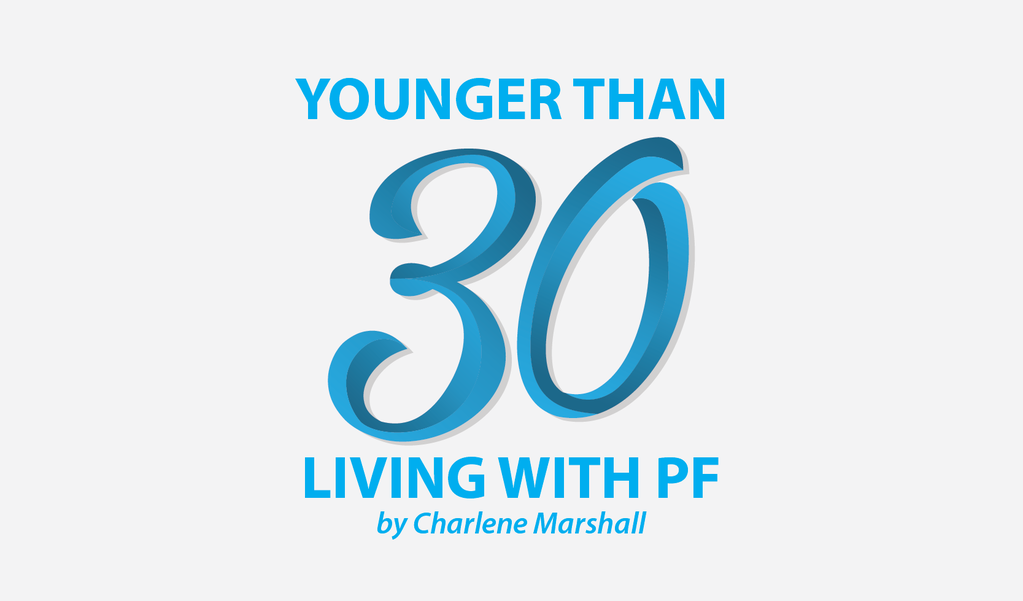I Have More Identities than Being a Chronically Ill Patient
Written by |

As we grow up and go through life, we adopt many different roles or identities that help shape who we are as a person, and in relation to others. Some of these identities are by choice and make us proud, while other identities happen involuntarily. Often, it can feel like we don’t associate with these negative or unfair identities at all, which has been my experience lately.
For the most part, I am proud of the identities that I have established, and I openly share them with others. But I am angry at now having to identify as someone who is chronically ill, because this doesn’t feel like an identity or title that I want. I am not interested in what life as a chronically ill patient involves: medications, crisis, medical appointments and hospitalizations, surgery, supplemental oxygen or other medical equipment. These are not things that I have ever had to contend with before my diagnosis of idiopathic pulmonary fibrosis (IPF), and I am struggling to associate with them and build them into this new identity.
I try really hard not to be a victim, whine, or ask “Why me?” Instead, I try to take the position that if this can happen to others, why couldn’t it happen to me? That said, I think it is still a natural response to feel angry that because of my diagnosis, I now have a new identity to deal with, and one that I don’t really want.
Someone once told me that you can choose which identities in your life trump the others by giving the ones you want more love and attention, or by sharing them with others. Therefore, in an attempt to subdue my identity as a chronically ill patient, I’d like to highlight the identities that are important to me and make me proud. In addition to being a patient, I am:
- A daughter. Chronic illnesses can change the relationship between the patient and those they are closest with. This happens because it is hard to fathom something so terrible happening to someone you love so much. At times, there have been some rocky dynamics in the relationship between me and some of the people I care most about, such as my family. But I am still grateful to have parents who love me.
- A sister. As much as my brothers got on my nerves when I was younger, I feel protected and loved by them now. I will always cherish this identity and be grateful for siblings.
- A friend. If you’ve read any of my previous columns, you likely know how often I mention my friends and how I would be lost without them. I am so thankful for them, and I don’t ever want to take our friendships for granted. I consider this identity different than being a colleague, but I am lucky enough to be part of a workplace where these two identities go hand-in-hand.
- An aunt. My nephews bring me more joy than most other things. The way they run to greet me, get excited about my visits, or make me laugh when we are together brings me much happiness. I am glad that I will always have this identity to be proud of.
- A professional. This comes with the career I have and working alongside families needing support. Being able to support others through tough times is a privilege, especially when you see them thrive after overcoming hardships. This is something I am lucky enough to witness frequently in my line of work, and it never gets old. I hope to be able to have this identity for years to come, to be able to support those who need it, and to continue to be inspired by their stories.
- A fur mama. For now, I am completely content with having a baby that has four legs, a wet nose, and fur. This is because my dog brings me so much joy on a daily basis, and I am so thankful for her.
There are certainly other identities that I have and am proud of, but these are the ones that come to my mind first. These are the ones that I remember to highlight, share with others, and think about often. They keep my identity as a chronically ill patient more in the shadows. Unfortunately, sometimes identities happen to us that we don’t want, but that makes it all the more important to cherish the ones we do want and that make us proud.
***
Note: Pulmonary Fibrosis News is strictly a news and information website about the disease. It does not provide medical advice, diagnosis, or treatment. This content is not intended to be a substitute for professional medical advice, diagnosis, or treatment. Always seek the advice of your physician or other qualified health provider with any questions you may have regarding a medical condition. Never disregard professional medical advice or delay in seeking it because of something you have read on this website. The opinions expressed in this column are not those of Pulmonary Fibrosis News or its parent company, Bionews Services, and are intended to spark discussion about issues pertaining to pulmonary fibrosis.







Leave a comment
Fill in the required fields to post. Your email address will not be published.